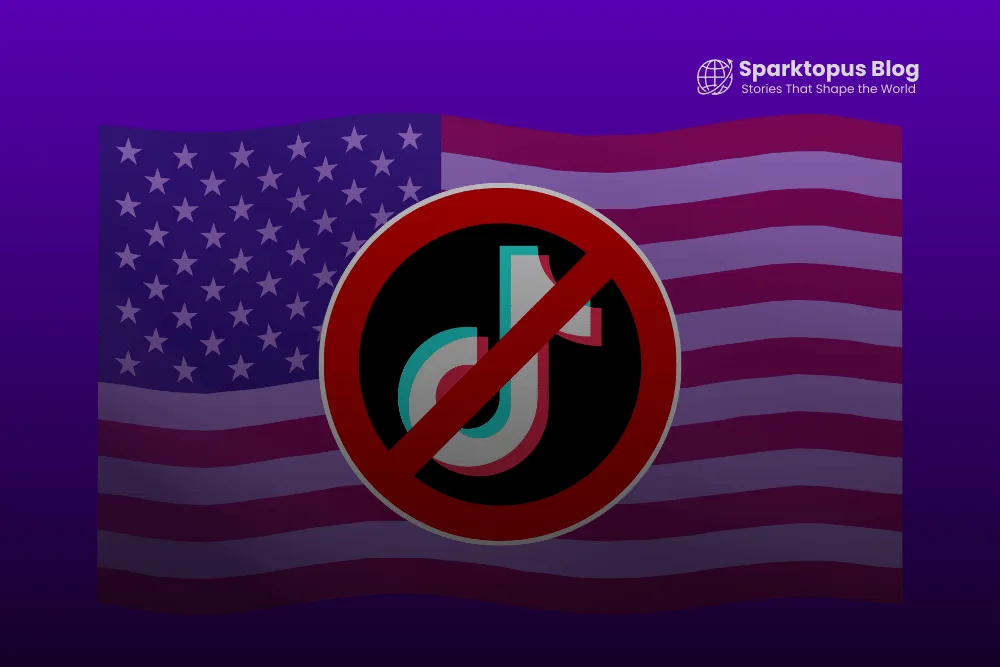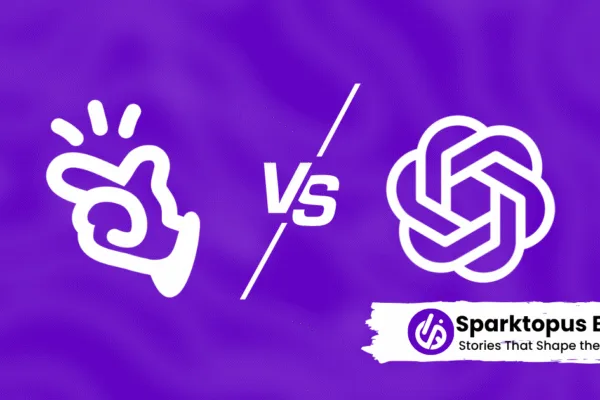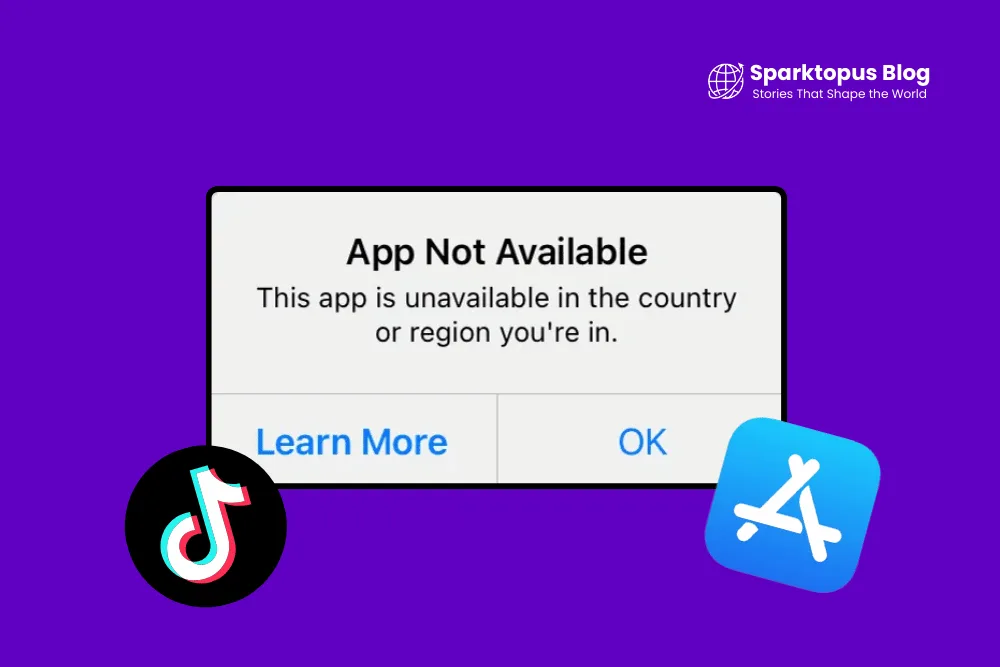TikTok is Officially BANNED In The U.S.

In a groundbreaking and controversial move, TikTok, one of the world’s most popular social media platforms, has been officially banned in the United States. This decision comes after years of legal battles, security concerns, and escalating tensions between the app’s parent company, ByteDance, and the U.S. government. With millions of American users now unable to access the platform, the ban raises critical questions about digital freedom, national security, and the future of online entertainment. You may also like to read MrBeast’s Proposal: Buying TikTok to Save It From a Ban.
Why Was TikTok Banned?
The primary reason for TikTok’s ban lies in national security concerns. U.S. officials have long argued that TikTok, owned by the Chinese company ByteDance, poses a potential threat due to its alleged data-sharing practices with the Chinese government. Despite repeated assurances from TikTok about data transparency and plans to localize user data in the U.S., skepticism has persisted.
View this post on InstagramAdvertisement
A Supreme Court ruling finalized the ban, mandating that ByteDance either sell its U.S. operations to an American company or cease its operations within the country entirely. ByteDance failed to meet this demand, leading to the current shutdown.
How Does This Affect Users?
With TikTok now inaccessible, millions of creators and businesses face significant challenges:
- Content Creators: Many influencers relied on TikTok as a primary income source. Without access to the platform, creators must pivot to alternatives like Instagram Reels, YouTube Shorts, or Snapchat Spotlight.
- Businesses: TikTok’s advertising platform was a game-changer for small businesses. The ban disrupts marketing strategies that rely heavily on the app’s algorithm to reach target audiences.
- Users: For casual users, the loss of TikTok marks the end of a platform that provides entertainment, trends, and cultural movements.
The Bigger Picture: What Comes Next?
The TikTok ban sets a precedent for how governments may regulate foreign-owned digital platforms. It underscores the growing importance of data sovereignty and digital security in international relations. While ByteDance continues to explore legal appeals and alternative solutions, U.S.-based platforms stand to gain the most from TikTok’s absence.
Alternatives to TikTok
For those mourning the loss of TikTok, here are some alternative platforms that offer similar short-form video experiences:
- Instagram Reels: Meta’s platform allows users to create and share engaging short videos.
- YouTube Shorts: Perfect for creators already familiar with YouTube’s ecosystem.
- Snapchat Spotlight: A great option for younger audiences looking for creative video content.
Final Thoughts
The TikTok ban is a reminder of how geopolitics can shape the digital landscape. While some celebrate the decision as a win for national security, others criticize it as a loss for innovation and free expression. The ripple effects will undoubtedly be felt by users, businesses, and the tech industry at large.
Only time will tell whether this decision is a turning point for global tech regulation or merely the beginning of a long legal saga.









